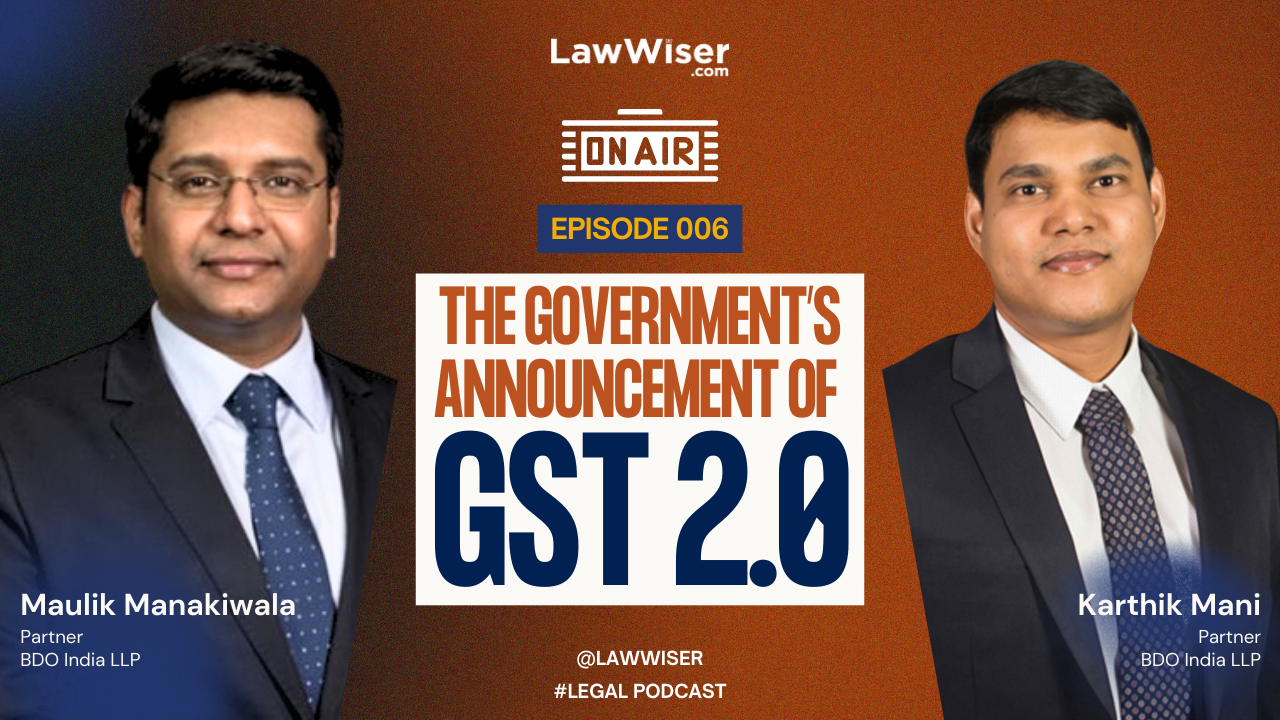DigiYatra: Revolutionizing Air Travel with Facial Recognition – Benefits, Privacy Issues & Solutions
In this video, we dive into Digi Yatra, the innovative system leveraging Facial Recognition Technology (FRT) to offer seamless and contactless travel at Indian airports. While this technology promises to enhance airport infrastructure, improve security, and reduce operational costs, it also raises significant privacy concerns.
🔍 Key Points Covered:
- Benefits of Digi Yatra: Streamlining airport operations and digitizing manual processes.
- Privacy Issues: Concerns about data handling and deletion practices.
- Study Insights: Recommendations for cybersecurity audits, algorithmic checks, and data retention policies.
- Consent and Data Handling: Importance of opt-in consent and clear data handling procedures.
- Government Assurance: The Ministry of Civil Aviation’s commitment to protecting passenger data.
Join us as we explore the potential of DigiYatra to transform air travel and the necessary steps to safeguard passenger privacy.
Among the recent concerns regarding data privacy, a new study on data protection and deletion for data collected by Digi Yatra has emerged. We explore its benefits, privacy issues, and the study’s key recommendations.
DigiYatra, using Facial Recognition Technology (FRT), enables smooth and contactless travel at airports. However, there are growing privacy concerns about how it handles user data. The current policy deletes facial biometrics from the local airport database 24 hours after the passenger’s flight. However, there’s a call for clear rules on deleting other passenger information and any facial data stored elsewhere.
DigiYatra aims to enhance Indian airport infrastructure, digitise manual processes, improve security, and reduce operational costs. Although it’s voluntary, any mandatory use must comply with privacy principles from the K.S. Puttaswamy case. There are recommendations for frequent cybersecurity audits and vulnerability tests to ensure security and reliability. Independent auditors should also conduct regular algorithmic audits.
DigiYatra’s SOP must define timelines for data retention and deletion, and internal procedures for handling personal data must be identified. Continuous system performance monitoring is essential. Consent for using facial recognition data for additional services should be opt-in, with the ability to revoke consent anytime. DigiYatra uses FRT to authenticate passengers, automating checkpoints with minimal human involvement, potentially streamlining airport operations.
Despite privacy concerns, the DigiYatra Foundation assures that ID credentials with personal information are never stored in any central repository. The Ministry of Civil Aviation introduced DigiYatra to enhance travel experiences using FRT and facial verification technology at various checkpoints. FRT, an AI system, identifies or verifies a person based on images or video data, interacting with the underlying algorithm.











